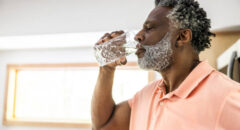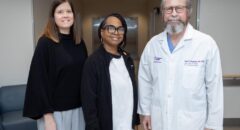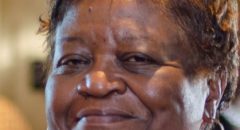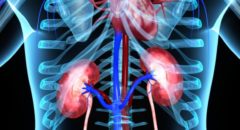
Most people have had to drag themselves to work at some point, but the cause was far more severe for Racine Hydes than the average person who didn’t get enough sleep.
“I was literally dragging myself to work because I was so tired, so weak that I could barely function,” Hydes says.
She clearly wasn’t herself and her mom, a certified nursing assistant, could notice the tone in her voice was off so she asked her to come over to her house after work.
When she got to her mom’s house, her mother took her blood pressure, which was extremely high. “At this point, I was lying on the kitchen table lamp. I could not move and so she was like we're going to the ER,” Hydes adds.
Hydes spent about a month’s time in the hospital while doctors performed a multitude of tests to see what was going on with her. Doctors were torn between whether she had lupus or end-stage renal failure (ESRD), which impacts nearly 786,000 people in the United States.
“I remember praying not really knowing what I was praying for–which was the worse option or the best option to have for the rest of my life,” Hydes shares. The final diagnosis was kidney failure, which was the result of a downward spiral due to her not taking her medication.
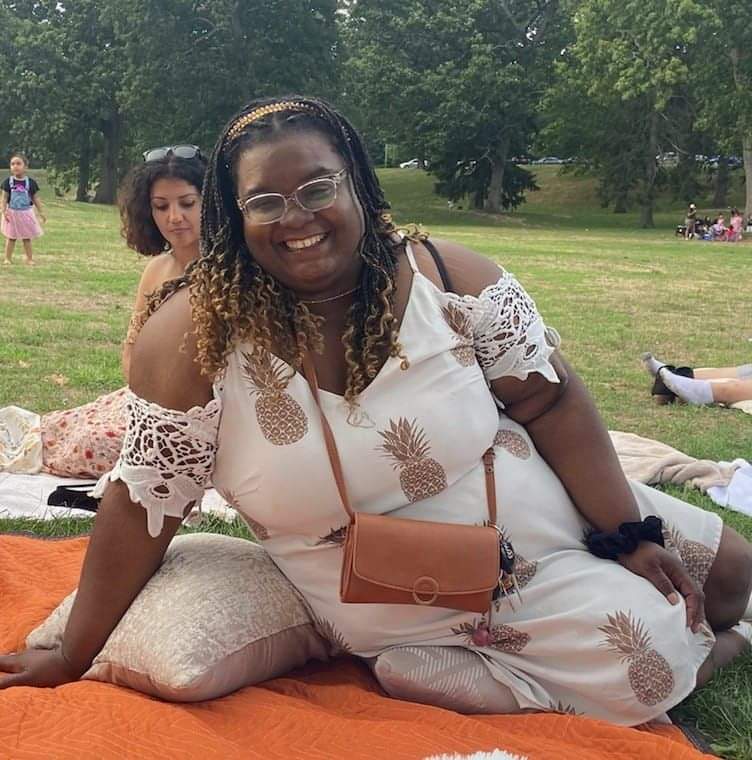
RELATED: 3 Great Kidney Friendly Dinner Recipes
“I wasn't taking my medication and it was because at the time where I was working, the insurance was too high. So I couldn't afford insurance and I couldn't afford my meds,” Hydes notes.
Hydes was now challenged with dealing with a disease that is incurable and the death of her maternal grandmother, who passed away from the same disease.
Doctors immediately put her on a life-sustaining dialysis regimen. Unfortunately, her body mass index (BMI) was too high to qualify for placement on the national kidney transplant list, so her care team paired her with a dietician to help develop a personalized meal plan tailored to her unique health needs.
Although the lifestyle changes were difficult for Hydes, she knew she wanted to be more vocal than her grandmother was.
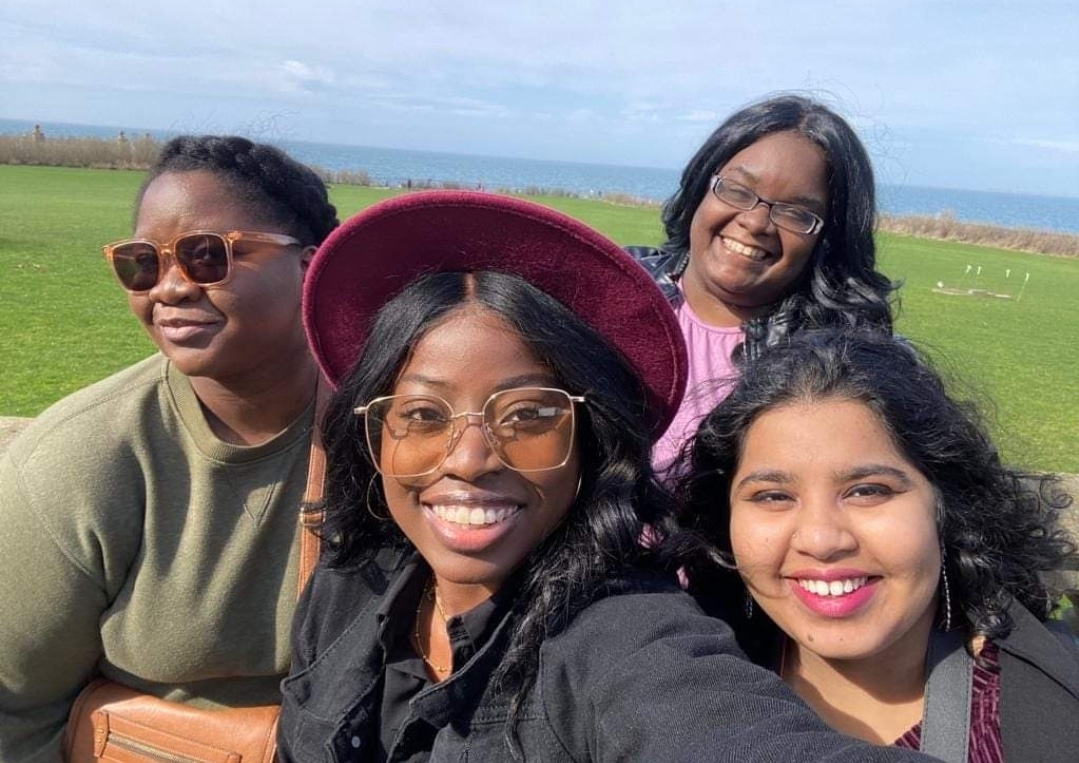
“I talk about this with my mom to this day, we feel like she didn't let people know enough of what was happening. It was kind of like a little hush hush,” Hydes shares. “Whereas for me, I might be a little bit of a crybaby. I like to advocate more for myself.”
This was especially important since kidney disease runs in her family. “I actually have three sisters and a brother who were potentially going to be heading towards kidney failure,” she says. “So I've actually had those hard conversations with my sisters because I have to tell them just look around there's diabetes in our family, there's kidney failure in our family. So I tried to tell them about being on top of checking in with your doctor–having a physical once a year. If you’re prescribed medication, take the medication. Sometimes it's just as easy as changing your diet or following what the doctors tell you to do. Like I said, I let my family know everything that's happening with me. I let them know what I'm going through because I just wish my grandmother would have been more open and honest with what she was dealing with because I feel that we might have taken it more seriously about our own health if we had known what she was dealing with.”
One way Hydes advocates for herself is by doing at-home dialysis, which in a sense requires her to be the nurse, patient and caretaker altogether. Because she doesn’t get a lot of fluids and her labs are typically pretty good, she was able to convince doctors to allow her to do dialysis for four days out of the week instead of five.
Hydes' lifestyle changes also came in the form of a new diet that was much different from what she was used to.
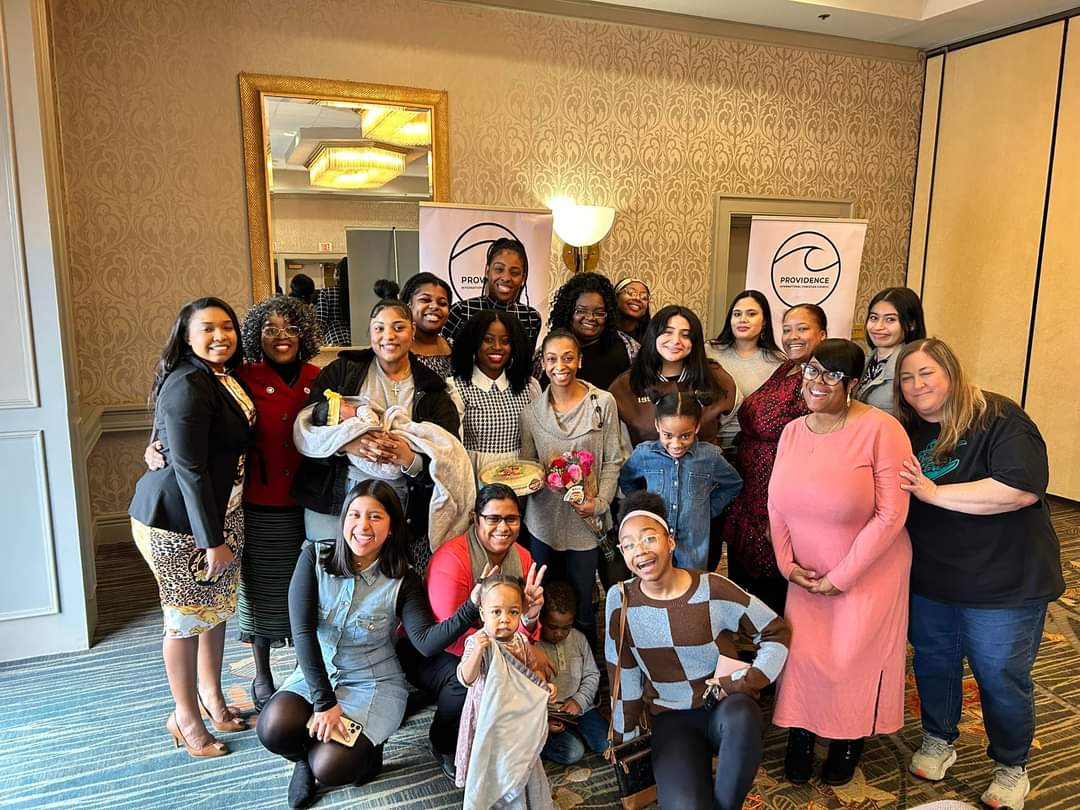
“I’m Hispanic so when they told me I couldn't eat rice and beans, I almost cried. I love plantains and I love sweet potatoes, I love potato salad. Every single thing that they told me I couldn't eat, I was like wow because it’s the stuff that I actually love eating,” Hydes adds.
RELATED: Eat These Fruits, Your Kidneys Will Thank You
However, because her potassium was really low, she was able to incorporate some of those foods back into her diet slowly.
“I’m not like the usual renal failure person,” Hydes shares. My potassium is really low. I don't have high phosphorus levels, so I'm able to eat certain things that other people that are on dialysis cannot like tomatoes, tomato paste, and tomato sauces.”
Her dietician also recommended a no-carb diet that consisted of protein, meat and vegetables, and a shake diet that consisted of four shakes a day, and one meal. She also tried to reduce Hydes’ caffeine intake and encourage her to drink more water without causing fluid overload.
With her new dieting habits and medically tailored meals delivered through Community Servings, Hydes takes the “food is medicine” approach to life.

“You have to do what’s best for you and if that means giving up pizza every other day or giving up something else that you really love once or twice a month–at the end of the day– you'll have more months to live by doing so versus indulging,” Hydes shares. “When I had to give up all of that stuff that I love to eat and that I grew up eating, I did it because I want to live. I don't want to die. So at the end of the day for me, it's like what do I choose life or death?”
Since starting the medically tailored meal plan, Hydes has seen some major improvements, including weight loss. She hopes this will finally allow her to receive a kidney transplant.
“The next step for me– I have to do a sleep apnea study. They want me to be in compliance with that. My nephrologist is actually referring me to multiple different transparent lists now because it's been seven years since I've been on dialysis, so he's really adamant about getting me listed. I’m trying to do whatever I can in order to be able to make the list,” Hydes shares.

Outside of maintaining her health, Hydes works as a case manager at a homeless shelter. Although the role consists of helping people fighting housing, it’s translated into something far deeper.
“I share with my clients about my own health issues sometimes, especially if some of them are saying that their doctors told them that they could possibly be heading towards kidney failure. I let them know about me,” she adds. “When I do meet someone that needs to hear that extra encouragement, I usually try to share with them to help them. I had a client like a year ago–he was crying to me because he said that the doctors were telling him his kidneys are failing and I had to let him know it's not the end of the world. You can still live with it. You can still make your kidney disease a part of your life but not your whole entire life.”
As Hydes tries to land on a transplant list, she is continuing to put her health first. She is currently raising money for a walk-a-thon for her church, a milestone in its own right.
“I'm not used to walking but I think because I've lost weight and my legs don't hurt as much anymore that I'll be able to complete it. So I'm thankful for that. I'm actually gonna be able to do something that's going to help support others because of me changing my diet,” Hydes shares.
Diet and kidney disease
The right diet helps your body, especially your kidneys function at its best. However, figuring out what to eat can be a major challenge. A registered dietician can help you come up with a safe and effective meal plan. Your specific diet will depend on whether you’re in early-stage or late-stage chronic kidney disease or if you’re on dialysis, but will typically focus on limiting sodium, potassium, phosphorus, and protein in your diet and incorporating more fresh foods.
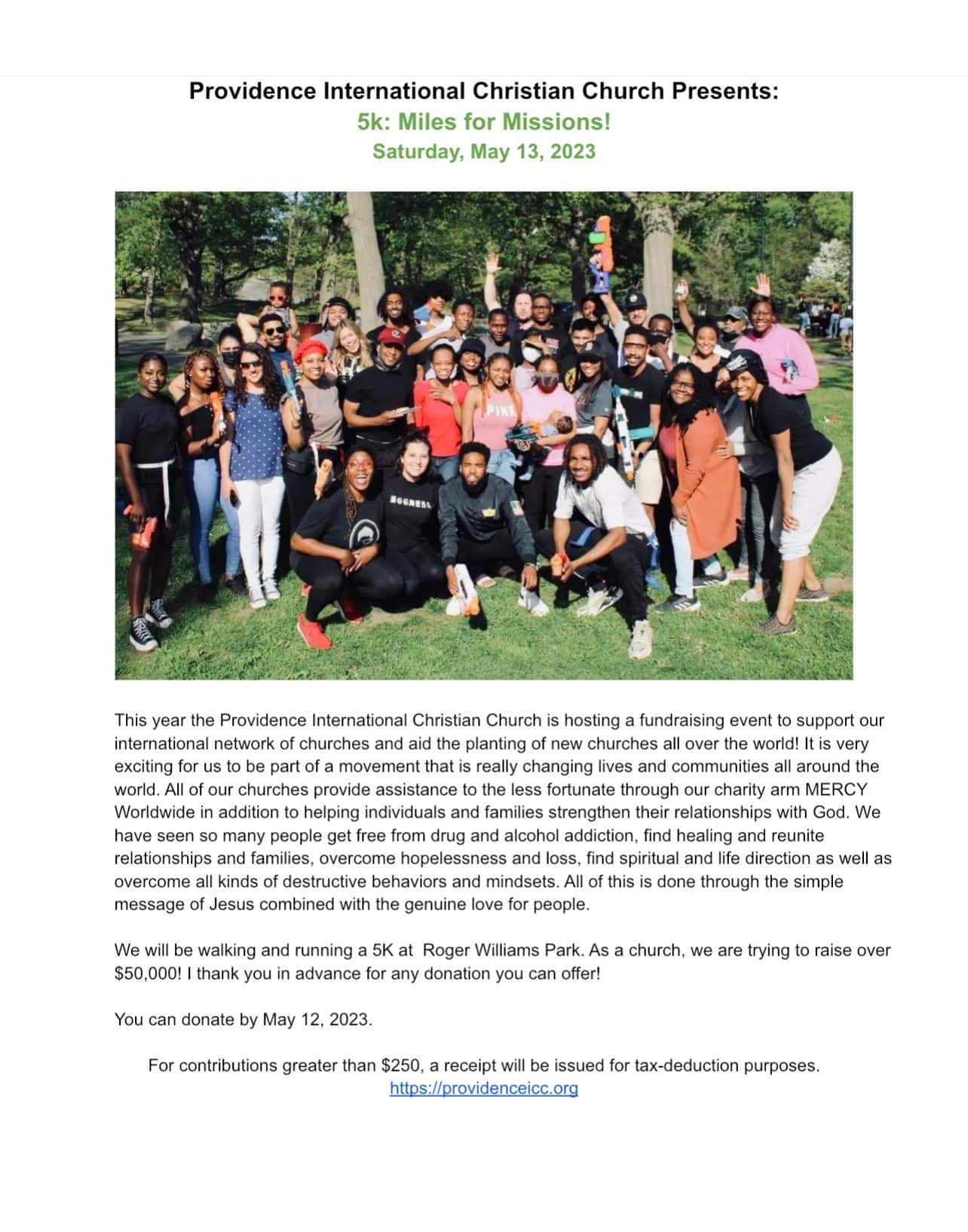
If you’d like to donate to the Providence International Christian Church Walk-a-Thon or sponsor Hydes, click here.



